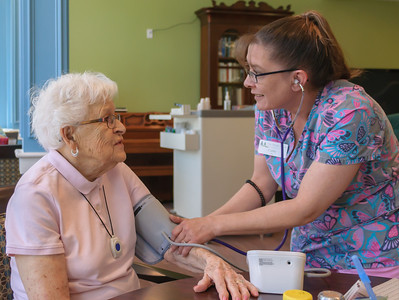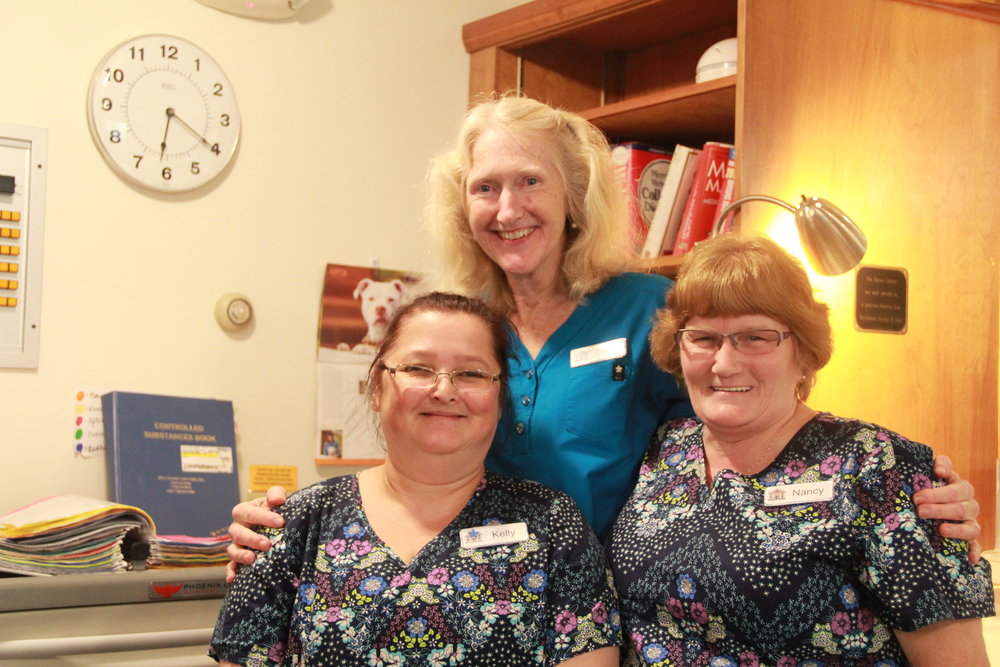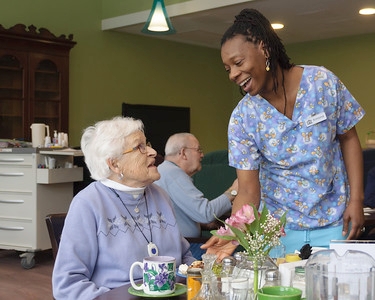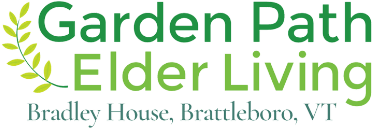Understanding Levels of Care
Considering a move to a residential elder care facility is an important decision, and we are here to help you understand the options and choose the best location for your family
What is Residential Care?
“Residential Care Facility” refers to a facility that combines housing and health and other services to support residents’ independence and aging in place. Residential Care Facilities are required to offer a private bedroom, private bathroom, living space, kitchen capacity, and a lockable door.
A facility must provide personal care and supportive services, which may include nursing services, to meet residents’ needs, and also provide the following: (1) a daily program of activities and socialization opportunities, including periodic access to community resources; and (2) social services, which include information, referral and coordination with other appropriate community programs and resources, such as hospice, home health, transportation, and other services necessary to support the resident who is aging in place.
Please Note: Residents who have an identified acute or chronic medical problem, or who are deemed to need nursing overview or supervision, must be under the continuing general supervision of a physician of their choosing.
Our Health and Wellbeing Services
Personal Care
- Trained aides are ready around the clock to assist residents with whatever they need.
- Assistance is offered with showering, dressing, grooming, and incontinence care.
- We test blood sugars, take vital signs, treat skin issues, and more. The aides get to know the residents very well, and pay close attention, using their skills and experience to notice the first sign of a medical issue.

Managing Medications
- We bring each resident their medications at the right time, as ordered, and ensure that refills are obtained when needed.
- Our registered nurses are on-site five days a week and one is always on call.
- Nurses attend to doctor’s orders but focus much of their time on prevention, assessing residents proactively, and acting on the aides' observations so as to inform the doctor and treat a problem before it becomes more serious.
- This is where knowing each resident well makes a real difference.

Transportation and Coordination with Local Providers
-
We schedule appointments with, and provide transportation to and from, local healthcare providers as needed
Activities of Daily Living and Levels of Care
Sometimes referred to as ADLs, the ‘activities of daily living’ refer to a standardized assessment many healthcare professionals use when working with elders. This gives providers an objective tool to gauge the level of support each person needs.
The following activities are assessed by our GPEL nurses during the admissions process:
Personal Hygiene
Bathing, grooming, oral, nail, and hair care
Continence Management
A person’s mental and physical ability to properly use the bathroom
Dressing
A person’s ability to select and wear the proper clothes for different occasions
Food Preparation
Whether a person can prepare meals and feed themselves to support health
Ambulating
A person’s ability to change from position (such as sitting/standing) and to walk independently
After the nurse’s assessment and a review of the Medical Forms from your personal doctor, a Level of Care will be determined, which sets the Monthly Rate. Our Monthly Rate is set according to three levels of care. We will review the definitions of each level with you, and determine the appropriate level, during the admissions process.

